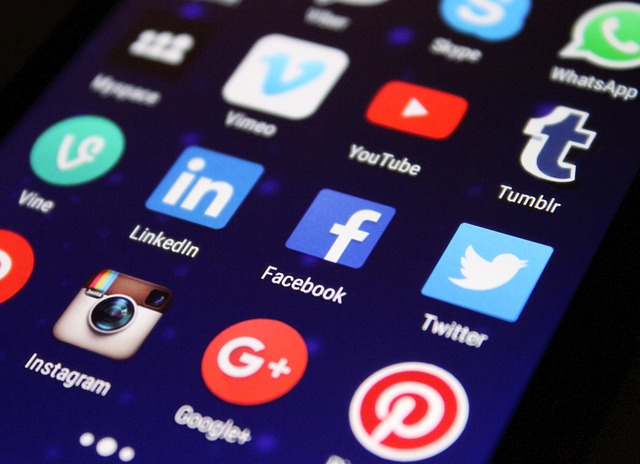In today’s digital age, social media is an integral part of our daily lives, providing us with a platform to connect, express, and inform. However, a deep dive into social media analysis reveals a troubling trend—addiction. This unseen affliction affects millions globally, often leading to negative repercussions both psychologically and emotionally.
As we scroll through our feeds, seeking validation through likes and comments, we may feel a momentary high, similar to that of a sugar rush. This can easily pave the way for a dependency on social media. When we begin to derive self-worth from how many followers we have or how quickly our posts receive attention, it can signal the onset of addiction. The constant need for engagement creates a cycle of anxiety and anticipation, pushing users to spend more time online—even when it conflicts with real-life responsibilities.
The impact of social media, while often celebrated for fostering community and connection, can also lead to feelings of isolation and inadequacy. Studies have shown that those who spend excessive time scrolling through curated lives of others often experience increased feelings of loneliness. The contrast between one’s reality and the seemingly perfect portrayals of life online can erode one’s self-esteem and create a distorted sense of societal norms.
Furthermore, the algorithms behind social media platforms are designed to keep us engaged. They suggest content tailored to our interests, often pulling us deeper into a vortex of endless scrolling. This manipulation can partition us from real-world interactions, reducing opportunities for authentic connections with family and friends. Instead of genuine relationships, we find ourselves filled with digital acquaintances and fleeting interactions, further deepening our feelings of isolation.
Moreover, the accessibility of social media can exacerbate existing mental health issues. Anxiety and depression are on the rise, particularly among younger generations, as they grapple with the relentless barrage of information and comparison. Social media provides a perfect storm for such issues to flourish, as users may grapple with their online personas, leading to cognitive dissonance when their real-life experiences do not align with their online narratives.
As we navigate our social media habits, it becomes crucial to conduct a thorough social media analysis of our interactions and preferences. Recognizing the signs of addiction can empower users to reclaim control over their digital lives. Simple steps like setting limits on app usage, curating feeds for positivity, and encouraging face-to-face interactions can dramatically shift the narrative.
In a world that increasingly defines our interactions through screens, understanding the darker implications of social media addiction becomes essential. Instead of allowing platforms to dictate our emotions and self-worth, we can strive for a balanced approach, where social media serves as a tool for enhancement rather than a source of detriment.



